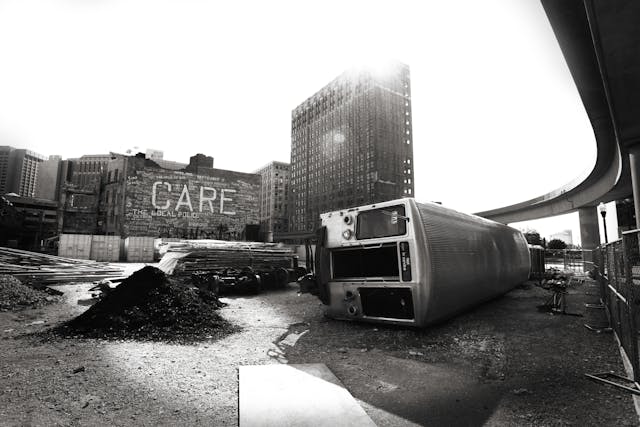

Often, when railroad employees seek compensation for on-the-job illnesses or injuries under the Federal Employer’s Liability Act (FELA), the employers offer to settle the case before it proceeds to trial or while a trial is in progress. A settlement often proves beneficial to both parties for a variety of reasons. However, before accepting railroad cancer settlements or any other settlement offer, it is wise to review the situation thoroughly to ensure that the terms are fair and provide adequate compensation to meet future needs. An attorney familiar with railroad cancer cases could evaluate a settlement offer to see how it compares with legal precedent and whether it makes more sense to accept the offer or let a court decide the outcome. It is best to discuss your legal rights and options with a seasoned railroad cancer attorney.
Over a century ago, Congress passed the Federal Employer’s Liability Act (FELA) because lawmakers recognized that those who work in the railroad industry face significant dangers in the course of their employment and when their employers are negligent in protecting them from harm, the employees should be entitled to seek compensation. This law may be found in the U.S. Code starting at 45 U.S.C. §51.
Researchers have discovered that the substances workers are exposed to in the railroad industry can lead to debilitating illnesses, including many forms of cancer. Employees suffering from malignant diseases may file a claim for compensation against their employers just as they would if they suffered injuries in a railyard accident.
Many types of cancer can be traced to exposure to toxic substances in and around trains. Common types of diseases include:
A knowledgeable railroad cancer lawyer could help locate evidence to show the connection between an employee’s cancer and the working conditions in the railroad industry.
Railroad workers filing claims under FELA may be entitled to receive substantially more compensation than employees in other industries who can only file claims under a workers’ compensation scheme. Therefore, employees who settle railroad cancer cases are also potentially eligible to receive amounts to offset many different consequences of the harm suffered due to the employer’s negligence.
A settlement could include amounts to cover past and future medical expenses, including hospital bills, medications, and costs associated with visits to the doctor. Additionally, compensation could be provided for wages lost due to time off work as well as reduced future earning ability. Settlement amounts may also provide compensation for pain and suffering, grief, mental anguish, and other factors that do not have a direct economic equivalent but still impact life tremendously.
Railroad attorneys often negotiate settlements on behalf of clients suffering from cancer and other illnesses associated with hazards in the industry. When an injured worker accepts a settlement, they trade risk for the certainty of an award. While it is possible that a court may award a higher amount than that offered in a settlement, there is no guarantee that the injured worker will receive any compensation at all if a case proceeds to trial.
Knowing this, employers will frequently make an initial offer that provides far less compensation than the employee may be entitled to receive. It is wise to consider each applicable factor in a case to devise a reasonable amount and compare that amount with a railroad cancer settlement offer to determine whether the offer is fair and adequate under the circumstances. Call today to learn more about how a railroad cancer lawyer could help your case.



© 2025
Doran & Murphy, PLLC
All rights reserved | Attorney Advertising